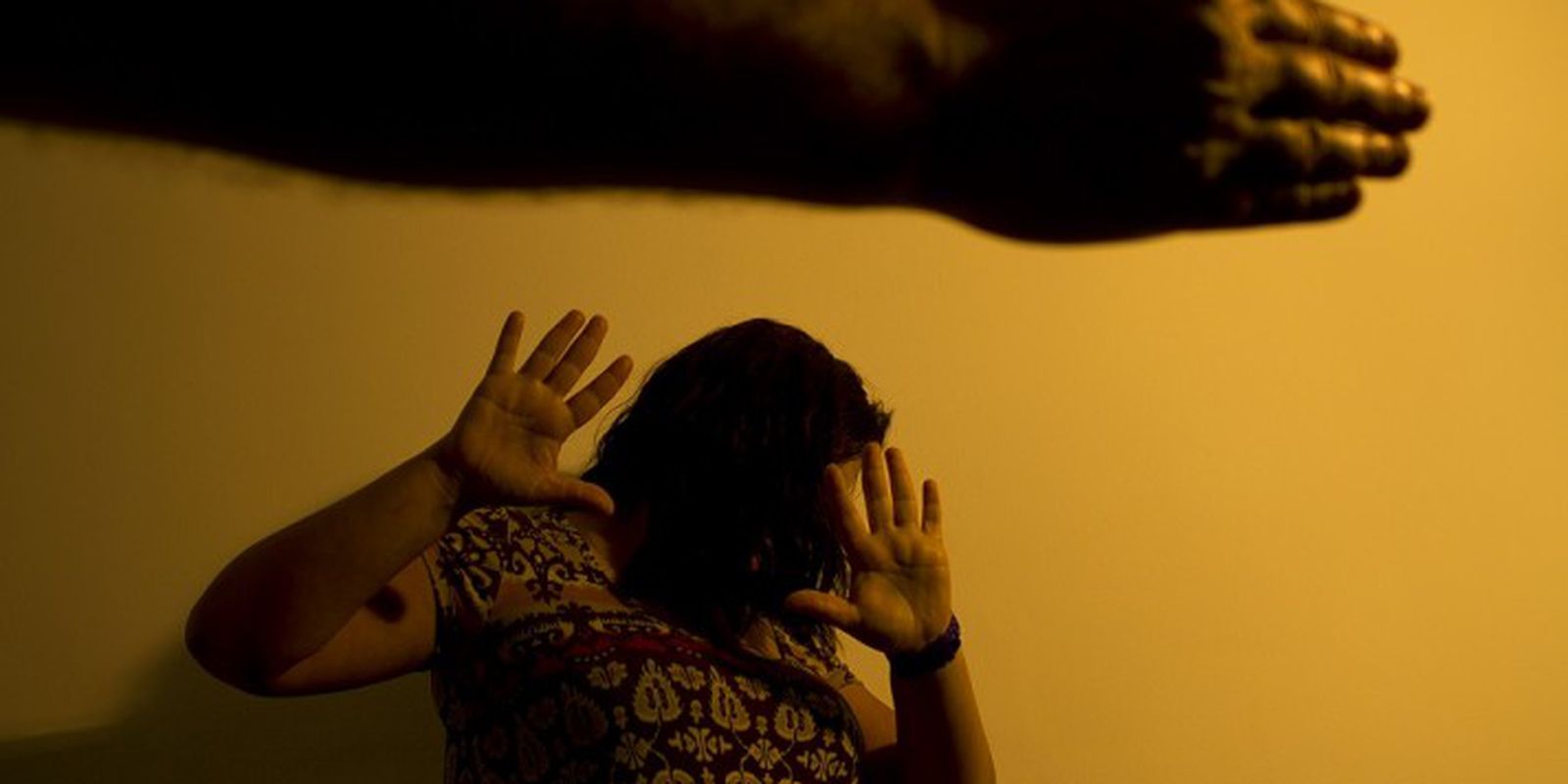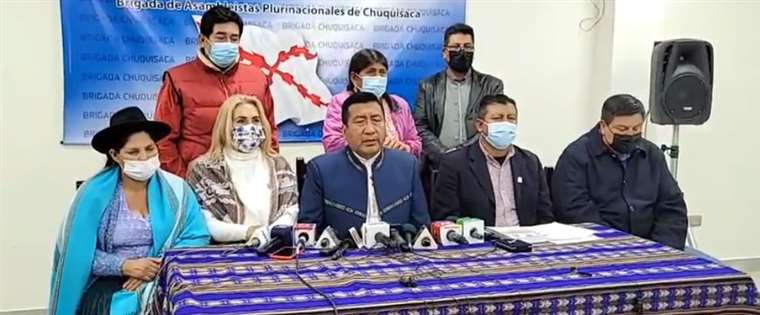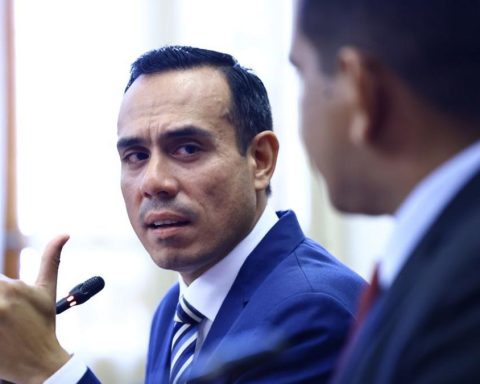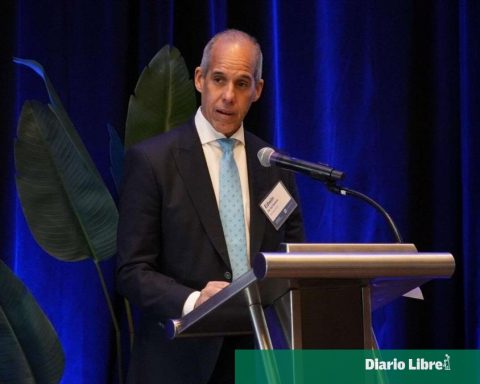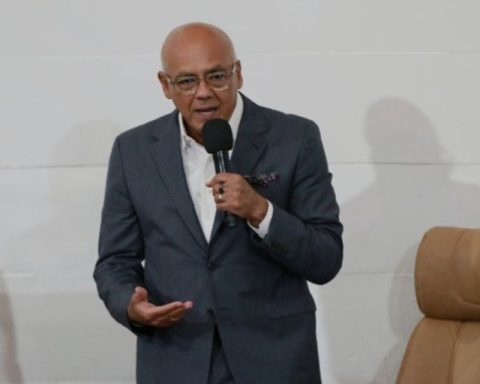The Military Police of Rio de Janeiro released today (5) data from the Patrulha Maria da Penha, a program to prevent violence against women launched in August 2019.
In three years of activity, 133,695 services were registered, 43.9% in the capital and the rest in other municipalities in the state.
The survey also points out that 441 arrests of offenders were made, in most cases for failure to comply with a protective measure determined by the Justice.
There are currently 36,994 ongoing calls. Of this total, at least 63.2% involve women between 20 and 49 years old. This group may be larger since, in 21.8% of these visits, age is not reported.
The program
The program, which covers the entire state territory and has 45 specialized teams, also involves social actions with partner bodies and entities and lectures for internal and external audiences.
To mark the program’s three years, the Military Police informs that it has acquired 14 new vehicles: “These are four-wheel drive, double-cab pickup trucks, more suitable for handling incidents in hard-to-reach places in the metropolitan region and in the interior of the state.”
Training courses are also being organized for the operators of Service 190, which is composed of several channels intended to serve the population in situations of police emergency. The objective is to make teams more prepared to deal with reports of violence against women. In most cases, contact is made by telephone by dialing 190.
Maria da Penha Law
The patrol’s performance is in line with the Maria da Penha Law, which establishes measures to curb acts of domestic violence against women and stipulates punishment for the aggressors. In force since 2006, it was named in honor of the pharmacist who was the target of an attempted murder by her husband and became a paraplegic.
Fighting for a proper trial, Maria da Penha managed to take the case to the Inter-American Commission on Human Rights of the Organization of American States (OAS). In 2001, Brazil was condemned for not having sufficient and efficient mechanisms to combat domestic violence.
